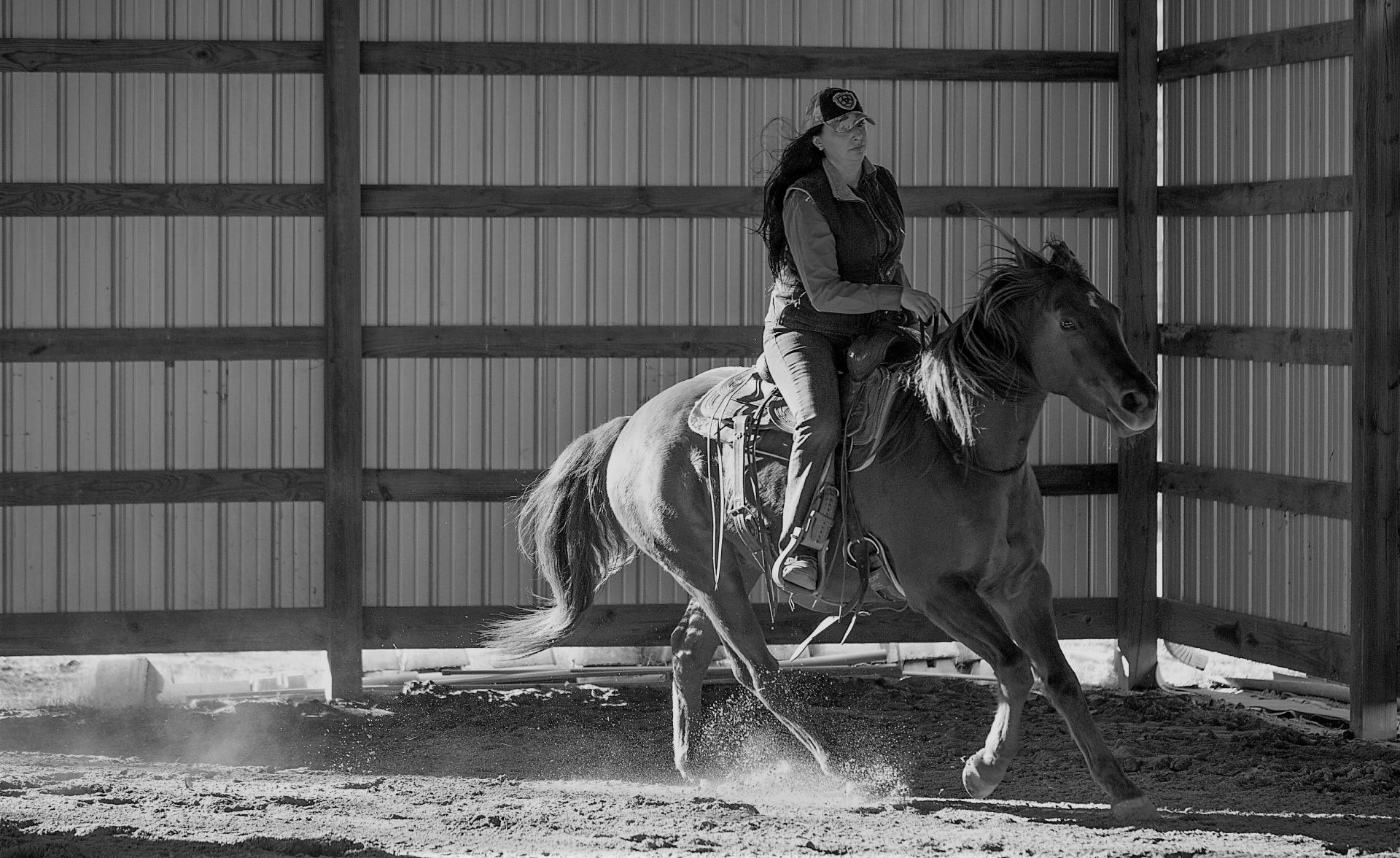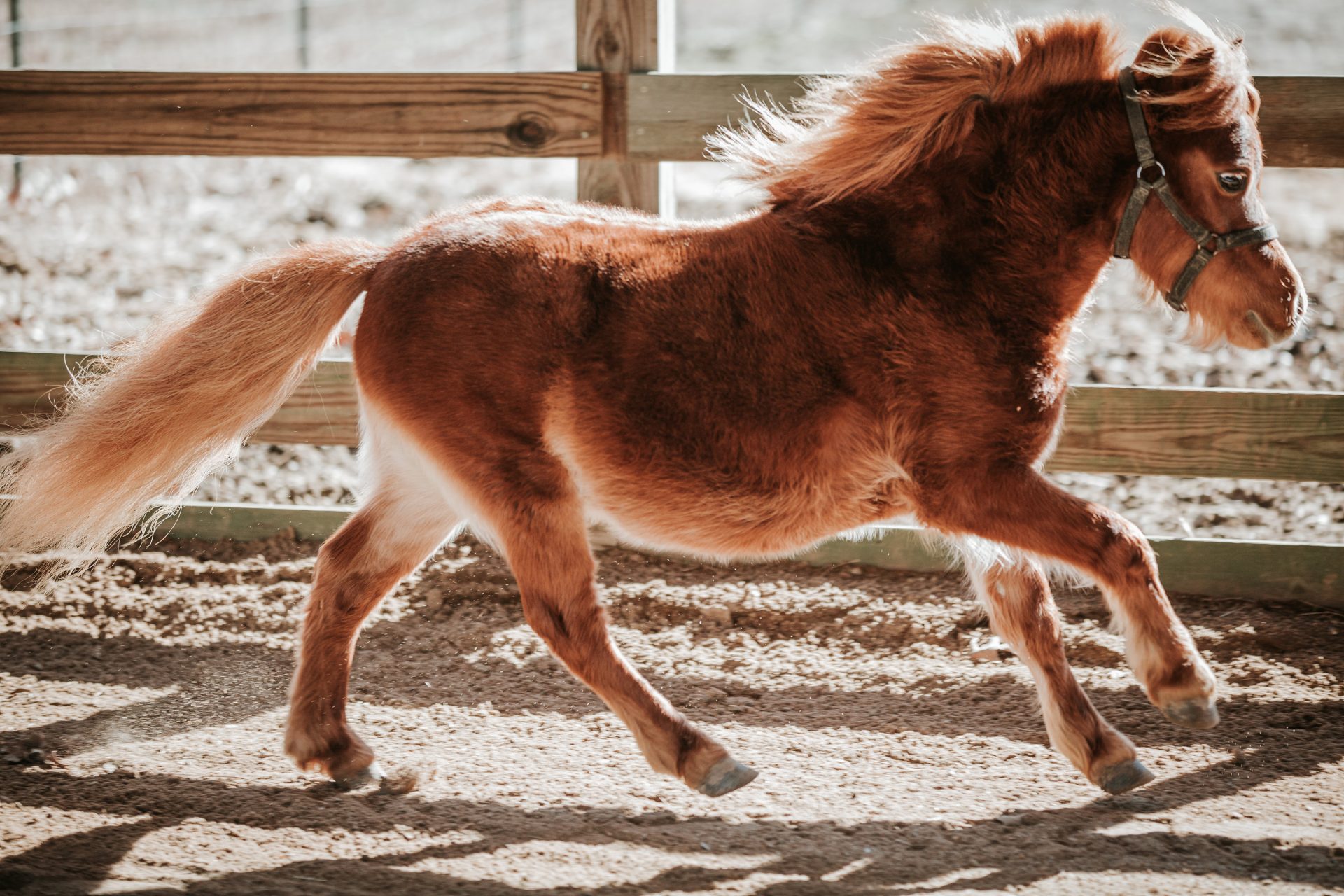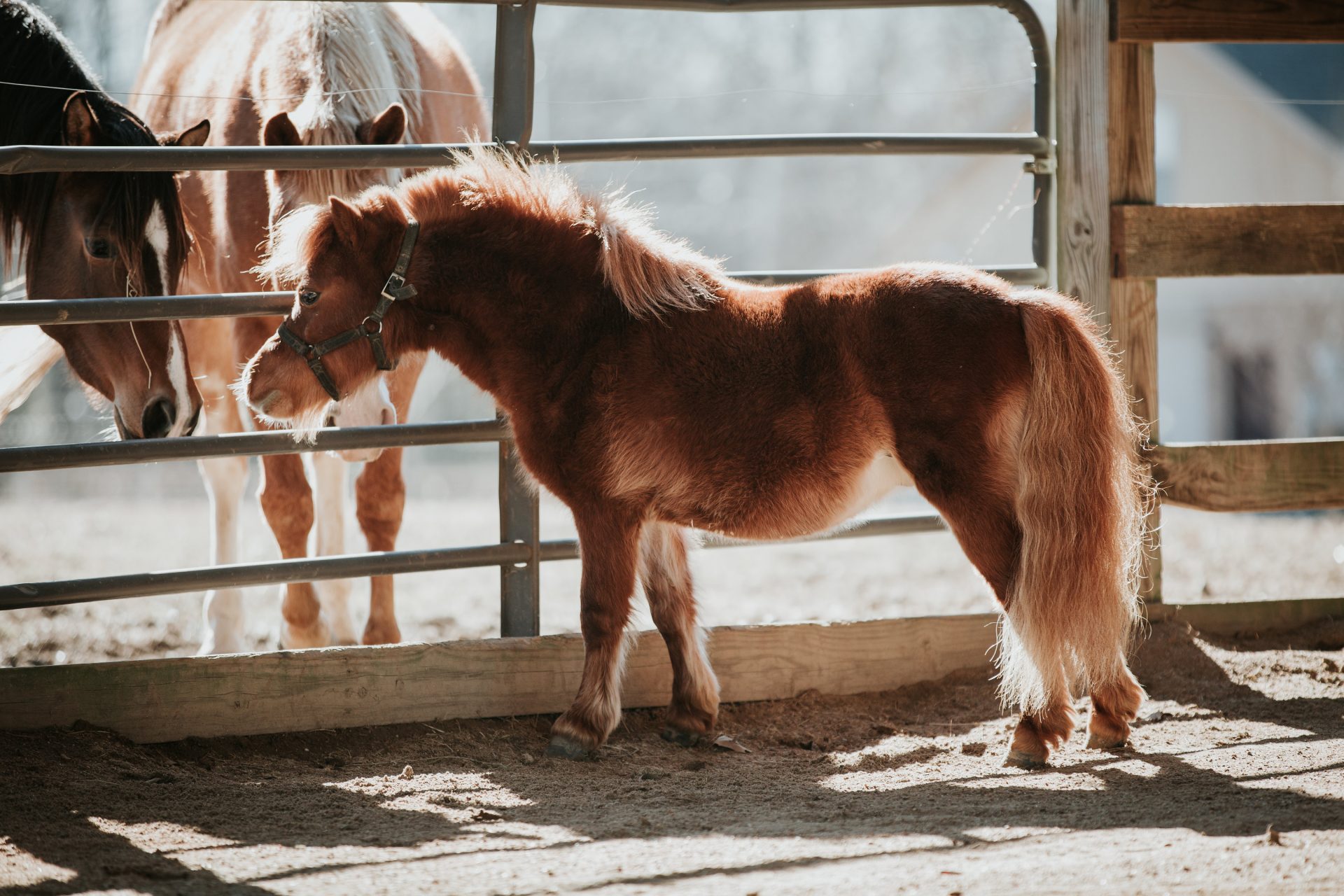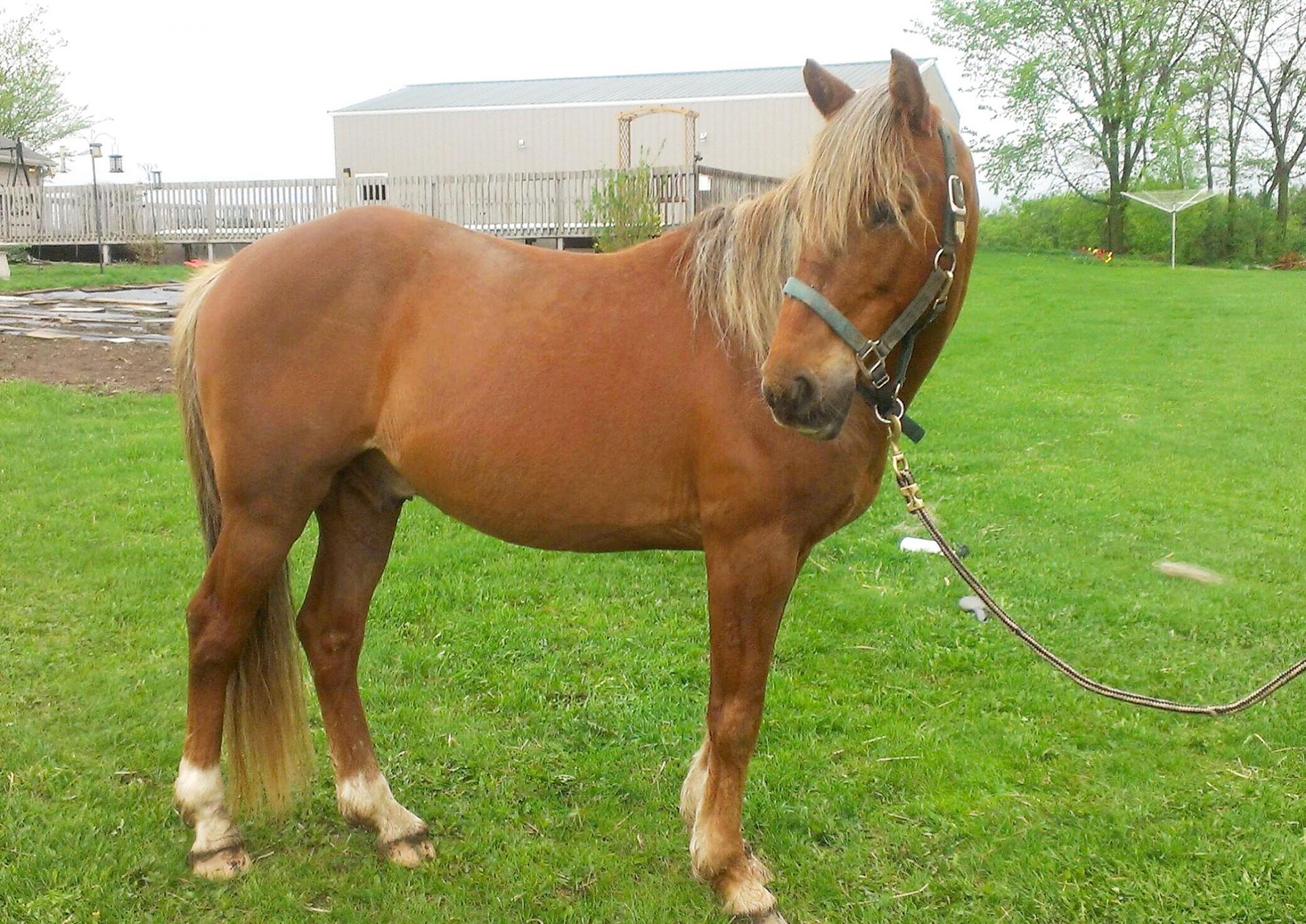Horse Training Philosophy
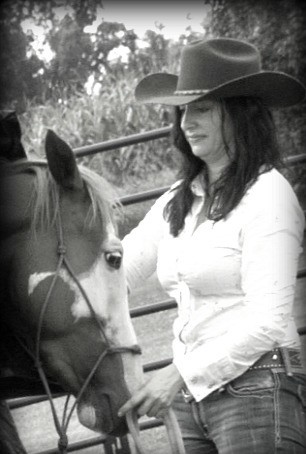 Twenty years ago I thought I knew everything there was to know about horses. I thought I could ride anything. I thought training a horse was easy. I mean, I rode horses all the time–so how hard could it be? Turns out, I knew next to nothing about horses and even less about myself. Funny how those two things are so intertwined…
Twenty years ago I thought I knew everything there was to know about horses. I thought I could ride anything. I thought training a horse was easy. I mean, I rode horses all the time–so how hard could it be? Turns out, I knew next to nothing about horses and even less about myself. Funny how those two things are so intertwined…
It was 11 years ago when took my first job as an apprentice helping train horses in a western barn, and it was eleven years ago when I had my first rude awakening. My particular rude awaking came in the form of the wind being knocked out of me and a mouth full of dirt. Yeah… I got bucked off. Several rude awakenings later and many helpings of humble pie have brought me to where I am now–a place much better than where I was, but still on a journey of learning and growing.
Why do I even bring up my past failures? Because my present training philosophy is based on my past experiences: some successes and some failures. And because a person’s failures can often be more important than their successes and a necessary part of learning.
To me, training a horse is about clear communication through timing and feel. And timing and feel develop in a person when a point is reached where they can set aside their human emotions (frustration, anger, impatience, pride) and really see the horse. In my opinion, horses don’t really understand those emotions in a person and therefore they have no place in the training process. In fact, I would guess that many a prideful person who decides to take on a horse will find they are humbled, and impatient horse owners will be forced to learn patience. This is why I believe knowing yourself and being willing to learn and grow is so intertwined with successful horsemanship. I know this has been true for me.
On the flip side, what horses do understand (in my opinion) is pressure (through body language and sometimes with the help of a tool like a stick etc.) and the release of that pressure. I believe different horses require different levels of pressure and different techniques–some horses are more sensitive than others. This is where experience and “feel” come into play. The more successful the trainer the quicker he/she will be able to read the horse and know exactly how much pressure is needed and how to apply it.
My training philosophy is largely based around this concept of feel and each horse I work with brings about a continued development of that “feel.” That is why I believe that communication (which is defined as the exchange of information) with a horse only occurs when the trainer is learning just as much (if not more) from the process as the horse. To me, developing this true communication with the horse and then passing on as much as you can to the owner is the essence of good training.
–Michelle Kuester
Get Your Free PDF Download
“The Horse Whisperer"
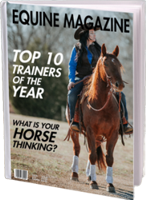
When you sign up for our newsletter!
Words from Our Friends

